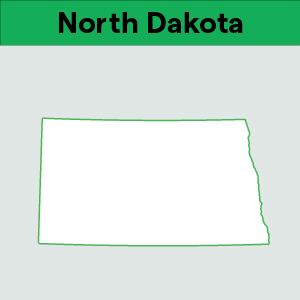Should you file for a DBA for your e-commerce business?
by November 6, 2024
“A DBA? What’s that?” If you’re not familiar with the acronym, then you might know a DBA better as an “assumed name,” “doing business as name,” or “fictitious business name.” If you’re conducting business (including transactions, marketing, and advertising) under a name that is different from your existing e-commerce business name, you need to file for a DBA and register the name with the state you’re doing business in.
“So, if all you need to file for a DBA is to do business under a different name, why write a blog post about it?” There’s so much more that goes into the decision to file for a DBA than just deciding on the name of the business! Here’s what e-commerce business owners need to know about DBAs —and a look at some of the benefits filing for one offers if you’re not quite sold on the idea yet.
Who should file for a DBA?
This all depends on how your business operates — here’s what we mean by that:
1) Sole proprietors
If you’re an individual who runs your own business, the only reason not to get a DBA is if you want the business to operate under your personal name only. However, if you want to pick a new name for your business that is not your real name (for example, if I, Deborah Sweeney, decided to pick “The Perfect Doughnut” as my new business name instead of using “Deborah Sweeney”), you’ll need to register a DBA to protect that name and do business with it.
2) Corporations and LLCs
If your business is incorporated as a Corporation or LLC and you want to do business under an alternate name that isn’t affiliated with your existing names or differs from what’s on your paperwork, you will need to file for a DBA. Ultimately, DBAs allow entities like Corporations and LLCs to do business under other names without having to form new organizations. This helps save on money and time to better focus on the new company.
DBAs are more necessary than you think for banking purposes.
Planning on opening a business bank account? You’ll need to register for a DBA. Having a DBA is actually a general requirement from most banks since entrepreneurs are not allowed to use their personal accounts under their business name. A DBA allows business owners to open up accounts and issue and receive checks under the business’ name. Once you’re fully registered, bring in a certified copy of the DBA in to the bank. From there, you’ll able to open up the account like a true professional!
Ultimately, a DBA is your official introduction to the small business world.
That may sound like a lot of hype, but it’s true. Filing for a DBA establishes professionalism by allowing you to have a separate business identity from your personal name. Now, you can advertise and market your e-commerce business publicly. Additionally, the DBA’s protection over your brand’s name will also discourage others from using it.
Feeling sold on the process and ready to register? Check in with your state first to see if you need to register a fictitious name there or not. If you do, file early with the state government — even before you start using the name since DBAs are usually required as soon as you start using the name. The sooner you file, the faster you’ll be able to establish credibility with your e-commerce business and consumers that will position your business in a positive light.
Ready to automate sales tax? Sign up for a free trial of TaxJar today.
This guest post is from our friends at MyCorporation.








